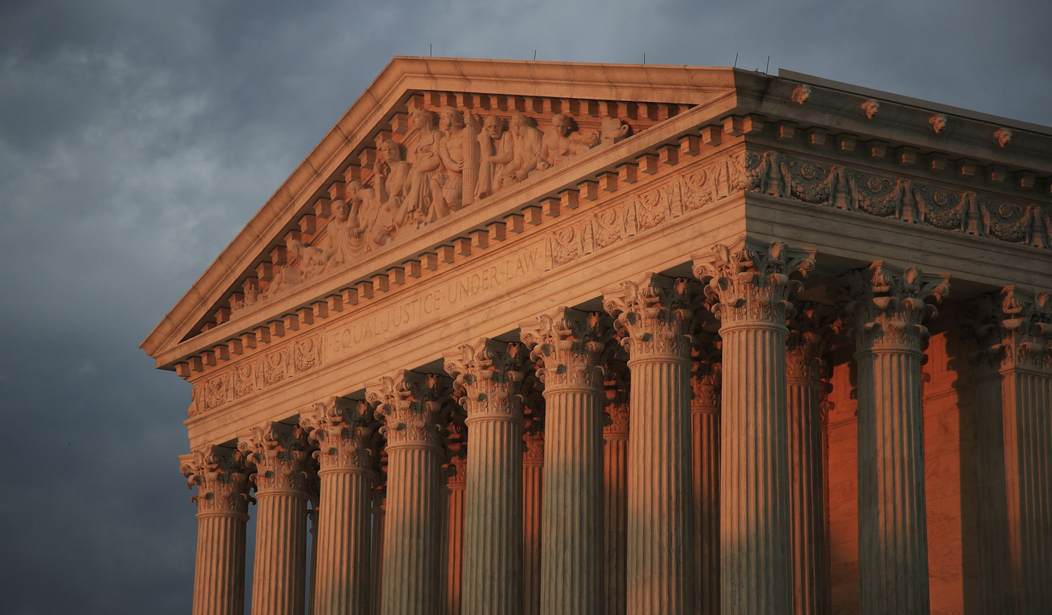On Friday, the Supreme Court agreed to hear a case that would decide whether electoral college electors must vote for the winner of their state's popular vote. Half the states currently have laws requiring electors to vote for the candidate who wins the popular vote in their state.
Electors who do not vote in accordance to the winner of their state's popular vote are known as "faithless electors." According to NBC News, the so-called problem of faithless electors has never really been an actual problem before. In fact, most states simply throw out the ballot of an elector who doesn't follow the state's popular vote.
But in 2016, the Democrats ran such a rotten candidate that several electors in states carried by Hillary Clinton cast their ballots for someone else. One elector in Colorado voted for John Kasich, one in Hawaii voted for Bernie Sanders, and four in Washington state voted for two different people -- three for Colin Powell and one for Faith Spotted Eagle, the name of a Native American activist, not Elizabeth Warren. Other Democratic electors contemplated voting differently but were reportedly pressured into voting for Clinton. Colorado simply replaced its errant elector with one that would vote for Hillary, while Washington state fined their independent-thinking electors for violating state law.
The Washington state Supreme Court ruled against the electors who challenged the fines imposed upon them. In his dissenting opinion, Justice Steven Gonzalez took issue with the court's decision, arguing "[t]he Constitution provides the state only with the power to appoint, leaving the electors with the discretion to vote their conscience."
Recommended
While states can choose their own electors and require them to pledge certain loyalties, once the electors form the electoral college they are no longer serving a state function but a federal one.
The 10th Circuit Court of Appeals agreed with Justice Gonzalez's dissent, ruling that electors can vote for any legitimate candidate they choose.
"The states' power to appoint electors does not include the power to remove them or nullify their votes," the 10th Circuit declared.
Just like Arizonans voted to send Jeff Flake to the Senate, but, once there, the voters could not nullify Flake's votes or fine the senator for voting his conscience, as much as the voters may have wanted to.
In 1952, the U.S. Supreme Court ruled that state laws requiring electors to abide by the popular vote of the state did not violate the Constitution, but the high court never ruled whether the states can enforce those pledges after the fact.
The lawyer for the Washington State electors, Harvard Professor Lawrence Lessig is hoping the case will focus attention on what he characterizes as shortcomings in the Electoral College when it comes to reflecting the outcome of the popular vote.
“It could also convince both sides that it is finally time to step up and modify the Constitution to address this underlying problem,” Professor Lessig said. The professor suggested such fixes as the National Popular Vote plan or even a constitutional amendment.
Because a Democrat lost the last presidential election, surely something must be wrong with the Constitution that allowed it to happen.
The case goes before the court this spring and a decision is expected by the end of June.

























Join the conversation as a VIP Member